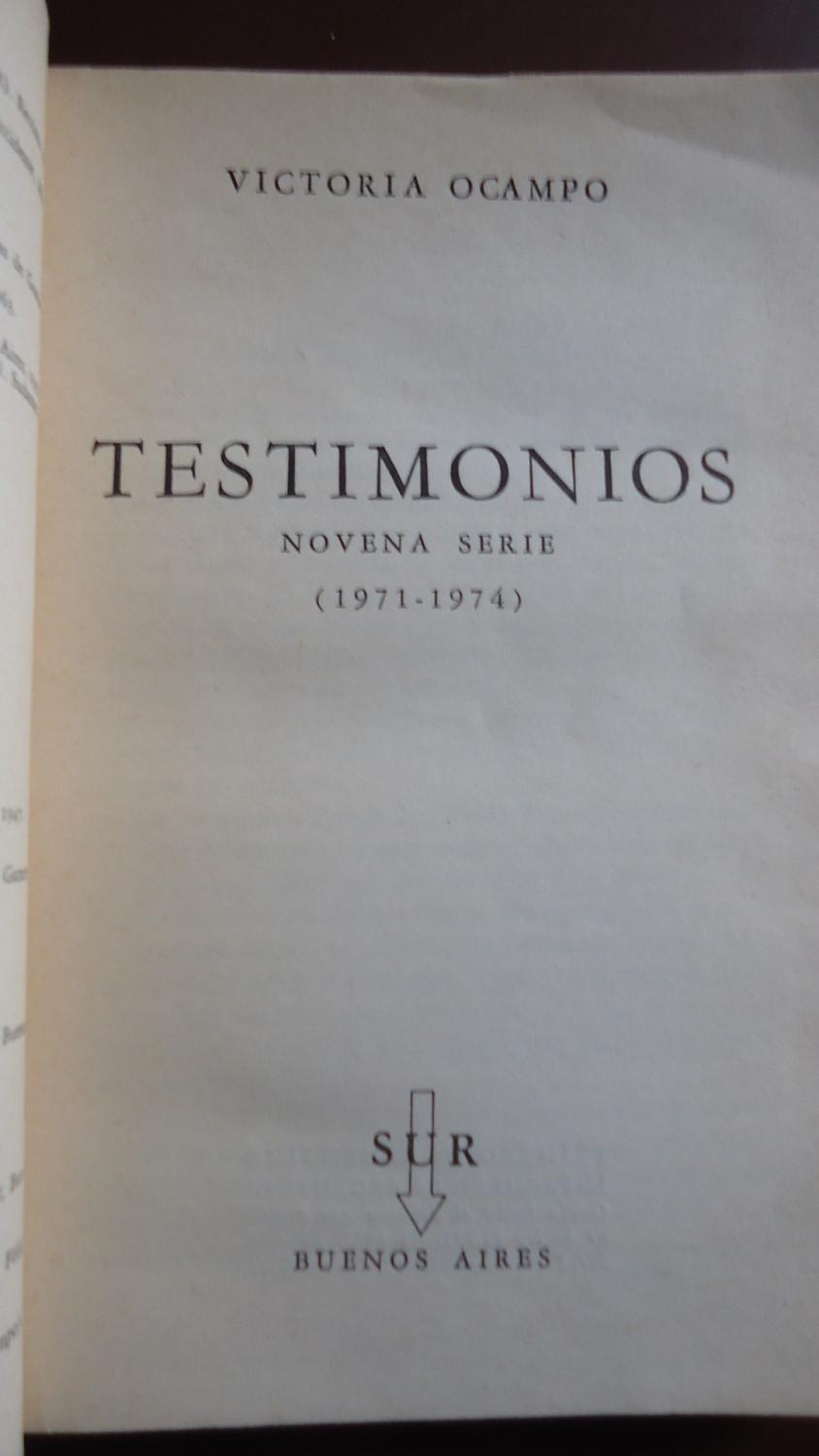


The erasure of native agents opens the entrance to a historical fiction where they can be accepted only as a spectral and subaltern figure, as the mourning for their remote and heroic failure, over a narrative that consecrated its extirpation from a national futureīlest Gana Alencar Galván Indian extermination historical fiction. The emptiness left by a native character lost in their final pages, installs the zero degree of a writing that articulates against them the genealogy of a political community.

Beyond readings that have underlined the fictional rescue of a native figure, these novels delimitate, organize and naturalize a disappearance. José de Alencar' s O Guarani (1857), Alberto Blest Gana's Mariluán (1864) and Manuel de Jesús Galván's Enriquillo (1882) give form to a narrative of extermination that laid down a cultural consensus over Indian genocide in XIX century Latin America. A partir de un análisis crítico y del estudio comparado de la obra ensayística de Virginia Woolf y de Victoria Ocampo se abordan los diez tomos de Testimonios de Victoria Ocampo, sus ensayos principales y aspectos biográficos y autobiográficos. ALENCAR, BLEST GANA Y GALVÁN: NARRATIVAS DE EXTERMINIO Y SUBALTERNIDAD.


 0 kommentar(er)
0 kommentar(er)
